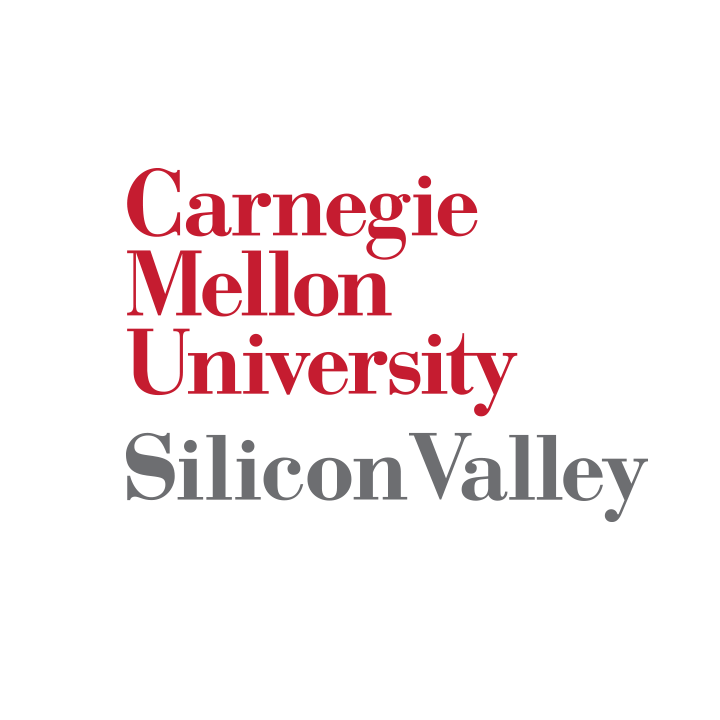Fujitsu and Carnegie Mellon University Revolutionize Traffic Analysis with AI Social Digital Twin Technology
March 10, 2024, 8:41 pm

Location: Spain, Community of Madrid, Pozuelo de Alarcón
Employees: 1001-5000
Founded date: 1935

Location: United States
Employees: 51-200
Founded date: 2002
Fujitsu Limited and Carnegie Mellon University have unveiled a groundbreaking technology that transforms 2D scene images into dynamic 3D visualizations using AI. This innovative Social Digital Twin technology, developed through joint research since 2022, accurately estimates the 3D shape and position of people and objects in real-time traffic scenarios.
Field trials in Pittsburgh, USA, starting February 22, 2024, will put this technology to the test, leveraging data from intersections to enhance traffic analysis and potentially prevent accidents. By utilizing AI trained to detect shapes through deep learning, this system consists of 3D Occupancy Estimation Technology and 3D Projection Technology, enabling precise reconstruction of densely populated scenes like intersections.
Faces and license plates are anonymized to protect privacy, as Fujitsu and Carnegie Mellon University aim to commercialize this technology by FY 2025. Beyond transportation, the applications of this technology extend to smart cities and traffic safety, promising a wide range of benefits.
Initially focusing on replicating complex interactions in 3D, this technology has evolved to address the limitations of existing video analysis methods. By dynamically reconstructing images to 3D from multiple angles, this technology eliminates the need for multiple cameras, overcoming privacy, workload, and cost barriers to social implementation.
Fujitsu and Carnegie Mellon University's collaborative efforts have paved the way for a new era in traffic analysis and safety, showcasing the power of AI-driven innovations in shaping our future cities.
Field trials in Pittsburgh, USA, starting February 22, 2024, will put this technology to the test, leveraging data from intersections to enhance traffic analysis and potentially prevent accidents. By utilizing AI trained to detect shapes through deep learning, this system consists of 3D Occupancy Estimation Technology and 3D Projection Technology, enabling precise reconstruction of densely populated scenes like intersections.
Faces and license plates are anonymized to protect privacy, as Fujitsu and Carnegie Mellon University aim to commercialize this technology by FY 2025. Beyond transportation, the applications of this technology extend to smart cities and traffic safety, promising a wide range of benefits.
Initially focusing on replicating complex interactions in 3D, this technology has evolved to address the limitations of existing video analysis methods. By dynamically reconstructing images to 3D from multiple angles, this technology eliminates the need for multiple cameras, overcoming privacy, workload, and cost barriers to social implementation.
Fujitsu and Carnegie Mellon University's collaborative efforts have paved the way for a new era in traffic analysis and safety, showcasing the power of AI-driven innovations in shaping our future cities.